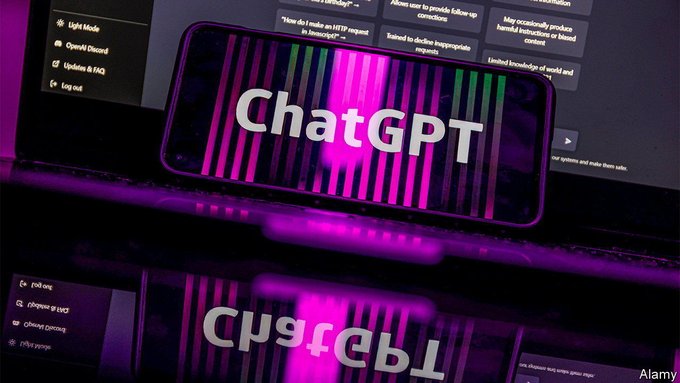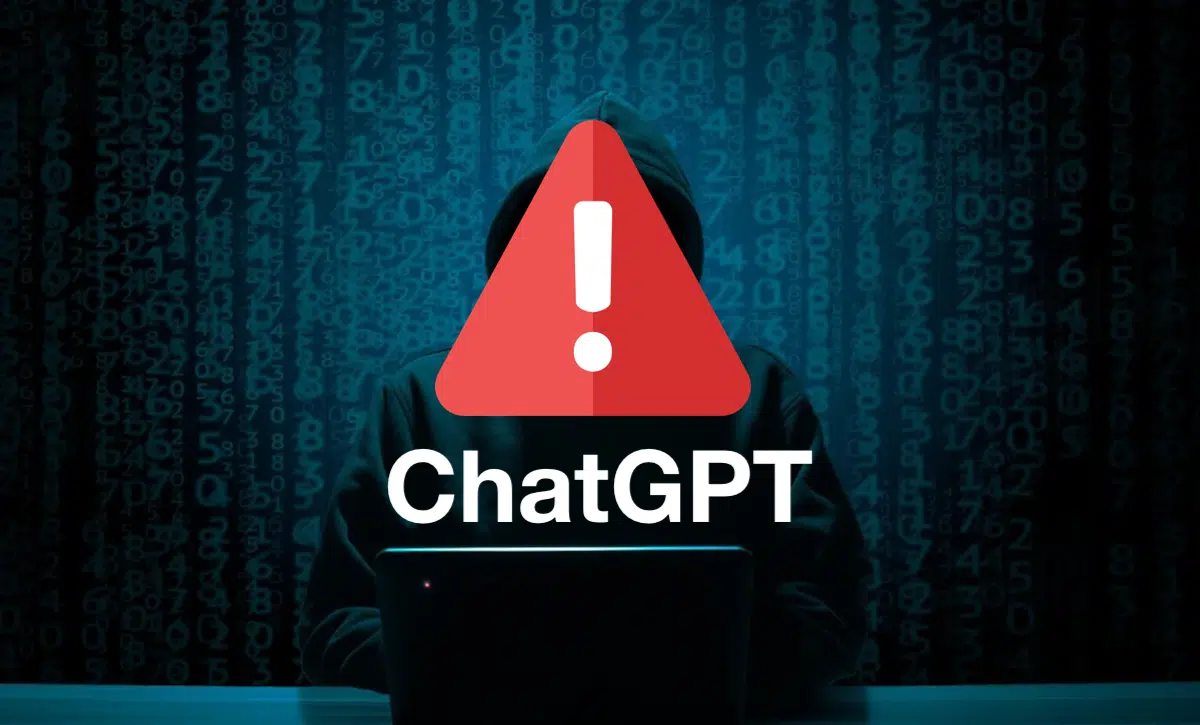Lecturers say programs capable of writing competent student coursework threaten academic integrity
An academic paper entitled Chatting and Cheating: Ensuring Academic Integrity in the Era of ChatGPT was published this month in an education journal, describing how artificial intelligence (AI) tools “raise a number of challenges and concerns, particularly in relation to academic honesty and plagiarism”.
What readers – and indeed the peer reviewers who cleared it for publication – did not know was that the paper itself had been written by the controversial AI chatbot ChatGPT.
“We wanted to show that ChatGPT is writing at a very high level,” said Prof Debby Cotton, director of academic practice at Plymouth Marjon University, who pretended to be the paper’s lead author. “This is an arms race,” she said. “The technology is improving very fast and it’s going to be difficult for universities to outrun it.”
Cotton, along with two colleagues from Plymouth University who also claimed to be co-authors, tipped off editors of the journal Innovations in Education and Teaching International. But the four academics who peer-reviewed it assumed it was written by these three scholars.
For years, universities have been trying to banish the plague of essay mills selling pre-written essays and other academic work to any students trying to cheat the system. But now academics suspect even the essay mills are using ChatGPT, and institutions admit they are racing to catch up with – and catch out – anyone passing off the popular chatbot’s work as their own.
The Observer has spoken to a number of universities that say they are planning to expel students who are caught using the software.
Mots-clés : cybersécurité, sécurité informatique, protection des données, menaces cybernétiques, veille cyber, analyse de vulnérabilités, sécurité des réseaux, cyberattaques, conformité RGPD, NIS2, DORA, PCIDSS, DEVSECOPS, eSANTE, intelligence artificielle, IA en cybersécurité, apprentissage automatique, deep learning, algorithmes de sécurité, détection des anomalies, systèmes intelligents, automatisation de la sécurité, IA pour la prévention des cyberattaques.






